Client:Siemens (China)
Region:Asia Pacific & Japan
Industry:Manufacturing
Siemens Streamlines Procurement in China with UiPath Automation and AI Technologies

95%
Promote tax code accuracy to over 95%
Client Overview
Headquartered in Germany, Siemens provides a wide range of technology-focused products and services, including digital industries, smart infrastructure, mobility, and healthcare to customers worldwide. The Company operates in more than 200 countries around the world and established its operations in China in 1872.
Siemens China Supply Chain Management (SCM) and Siemens Global Business Services (GBS) units play a critical role in supporting Siemens' overall business objectives.
Both divisions comprise a wide range of businesses that involve multiple departments. Siemens GBS provides innovative digital solutions and customer-oriented business services for Siemens’ manufacturing subsidiaries across different platforms, spanning the areas of finance, human resources, and procurement.
In a move to better manage operational costs, Siemens looked to make more use of artificial intelligence (AI) and machine learning (ML) to optimize its tax and procurement processes and enhance its overall competitiveness. The company also aimed to better utilize the data being generated to improve overall efficiency.
Better tax code optimization through AI and automation technologies
Within Siemens’ procurement process, the generation and utilization of tax codes had always been a demanding and challenging task. End users selected the tax codes without validation, resulting in low accuracy in purchase orders and additional manual interventions to check and rework.
To improve the situation, Siemens SCM and GBS teams evaluated different technologies before finally selecting the UiPath AI Center solution which drew on applied AI machine learning, allowing automation technology to be implemented to Siemens’ “Tax AI Project” for the first time.
Robots were assigned as a “Tax Checker” in the purchase order approval process. They can automatically detect and correct incorrect tax codes contained within purchase orders based on AI recommendations and pre-defined tax code logic.
The UiPath AI Center lies at the heart of the new solution. It tackles a whole set of use cases by incorporating AI and ML models into Siemens’ automations. Pre-built models, AI solution templates, multiple deployment options, and a drag-and-drop interface allows business users to handle actionable items and provide business inputs to software “robots” in a much faster and easier way.
“Tax AI Project” – the key to promoting an improved Purchase to Pay process
The launch of the “Tax AI Project” forms a crucial part of Siemens’ smart taxation process.
Through a combination of powerful AI Center management capabilities, refined machine learning models and prebuilt tax code rectification rules, robots can process tax codes accurately thus improving the efficiency of the procurement process.
The machine learning model is based on processing massive amounts of data from historic purchase orders, which is then verified by tax experts to ensure they are accurate and reliable. The machine learning model is also retrained on a recurring basis and the performance of the model will be continuously improved.
Following the UiPath deployment, the amount of manual intervention for orders and invoicing has been dramatically reduced, improving the efficiency of the entire procurement process and the accuracy of tax codes.
“AI replaces and streamlines the order approval process with few/no manual interventions, reducing unnecessary rework for all parties and greatly promoting overall accuracy and efficiency,” said Michael Haendel, Siemens’ Vice President and Head of Supply Chain Management, China. “The combination of AI and automation technologies significantly improves productivity and customer satisfaction and strengthens our supplier collaborations.”
Data shows that the accuracy of the tax code has increased to over 95% -- a massive improvement. Indeed, so successful was the solution, that Siemens has obtained two patents from China’s National Copyright Administration.
A more streamlined procurement process through automation
With digital transformation increasingly being integrated into Siemens’ operations, the underlying technical support for its manufacturing operations has been enhanced. Siemens will continue to deploy UiPath licensed services and UiPath AI digital solutions in different business units, with an objective to drive the company’s journey of digital transformation to a new level.
“The innovative platform provides more opportunities to optimize business processes within the GBS department. Automation replaces traditional manual processes to deliver more accurate services and save on processing hours. We are very happy with the results achieved so far,” added Lu Jin, Vice President and Head of Global Business Services China, Siemens (China) Ltd.
Related case studies
Ready for your own case study?
Speak to our team of knowledgeable experts and learn how you can benefit from RPA.





